I’ve been to a talk by two very clever and talented men: the American novelist and critic Jonathan Lethem and the English documentary filmmaker Adam Curtis. They were talking about Lethem’s book about his art collection, Cellophane Bricks: A Life in Visual Culture. Never have I left a talk with such a warm glow of schadenfreude. For here were two gifted men who had nothing interesting to say about their chosen subject. It was an evening full of ArtSpeak and hot air, a facsimile of intelligent “cultural discourse” as they say in artworld. The interesting Lethem and the brilliant Curtis had done the unthinkable: they’d became boring.
Oh, what a joy it was to witness! I got more pleasure watching these two have nothing to say than if their conversation had been full of dazzling insight and wit. Why is that? Am I envious of their success? Yes. Do I envy their talent? Definitely. But my pleasure in seeing the limitations of their double act goes deeper than that.
I always get an illicit pleasure in watching interesting and talented people be as boring as I can be — and that’s something you don’t often see! Their capacity to be as boring as the rest of us is a great cultural equalizer — for a moment the great and the gifted have fallen off their pedestals and into the mosh pit of mediocrity along with the rest of us.
But here’s the great difference — unlike us mortals, they have no idea how boring they can be. Creative people who enjoy a life of uninterrupted success live in a little bubble of constant love and appreciation. No one — editors, fans or friends — ever says of their latest work: sorry, this is boring rubbish. How else can you explain the truly terrible novels of very talented people? For example, Lionel Asbo: State of England by Martin Amis. That was shockingly bad. Someone — Hitchens? The wife? — should have said, “Mart, this is shit! Please don’t do it!” But the talented never listen because they can’t believe how bad they can be. Amis used to dismiss criticism of his work by saying that critics were just jealous of him.
Arts media, especially in the UK, have been infected with a kind of fanboy mentality, where interviewers are reluctant to ask the gifted one any kind of challenging question that might be considered critical or hostile. It has given rise to the phenomenon known as the “blowjob” interview. (For a good American example of this phenomenon, please see David Remnick’s 2003 interview with Philip Roth on YouTube.)
I remember once reading a critic who said about Clive James that “he couldn’t write a boring sentence if he tried.” To which any sensible person would reply: oh yes, he can! And did. (See his essay on Sophie Scholl in Cultural Amnesia, in particular his whole Natalie Portman fantasy riff.) But that’s OK. There is no writer alive — or dead — who hasn’t written a boring line or two. So why pretend the artists we love are creatively invincible?
The curious thing is that creative people in the arts — writers, filmmakers, musicians — who give talks and lectures never worry about boring people. They ask all the Big Questions about Life, except the one they should ask about their work: am I boring you?
It’s not just creatives who suffer from this conceit; no one worries about being boring anymore — except me! (I know some smartass reader is thinking: then why are you writing this boring column? Ha-bloody-ha). Just look at what your friends post on Facebook to see we are a society that has no fear of being boring.
Before the actual event I went up to Curtis and Lethem and tried to engage them in conversation. Big mistake. I wanted to show Curtis that I had a deep appreciation and understanding of his work — and I came across as one of those crazy stalker fans he must encounter all the time. He made a quick bolt for it, mid-sentence. But we met again.
On the seat in front of me at the talk, someone had left a kind of man-bag, and it was partly open. Inside I could see items of clothing and one cheap roll-on deodorant; I think it was Sure. Who brings deodorant to a gig like this? I began to imagine the sad man with the cheap man-bag who kept his deodorant close to hand. Did he sweat a lot? Had he left without his bag? I was still pondering the mystery of the man and the bag when its owner came and collected it: it was Adam Curtis.
I treasure these little peeps into the lives of people I admire. I proudly tell my lefty friends that I once stood at a men’s urinal next to the distinguished critic Edward Said. Think of it: his Arabic penis and my Hebrew schlong were less than half a foot away from each other. I was tempted to turn and face him, penis in hand, and say, “Professor Said, here we stand, just two regular men holding their dicks across the great bloody divide of history. With respect I say to you, sir: shalom!”
But I thought he might take it the wrong way.
This article was originally published in The Spectator’s January 2025 World edition.












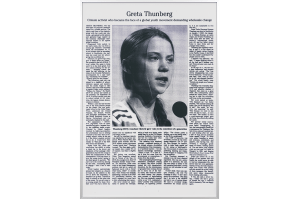

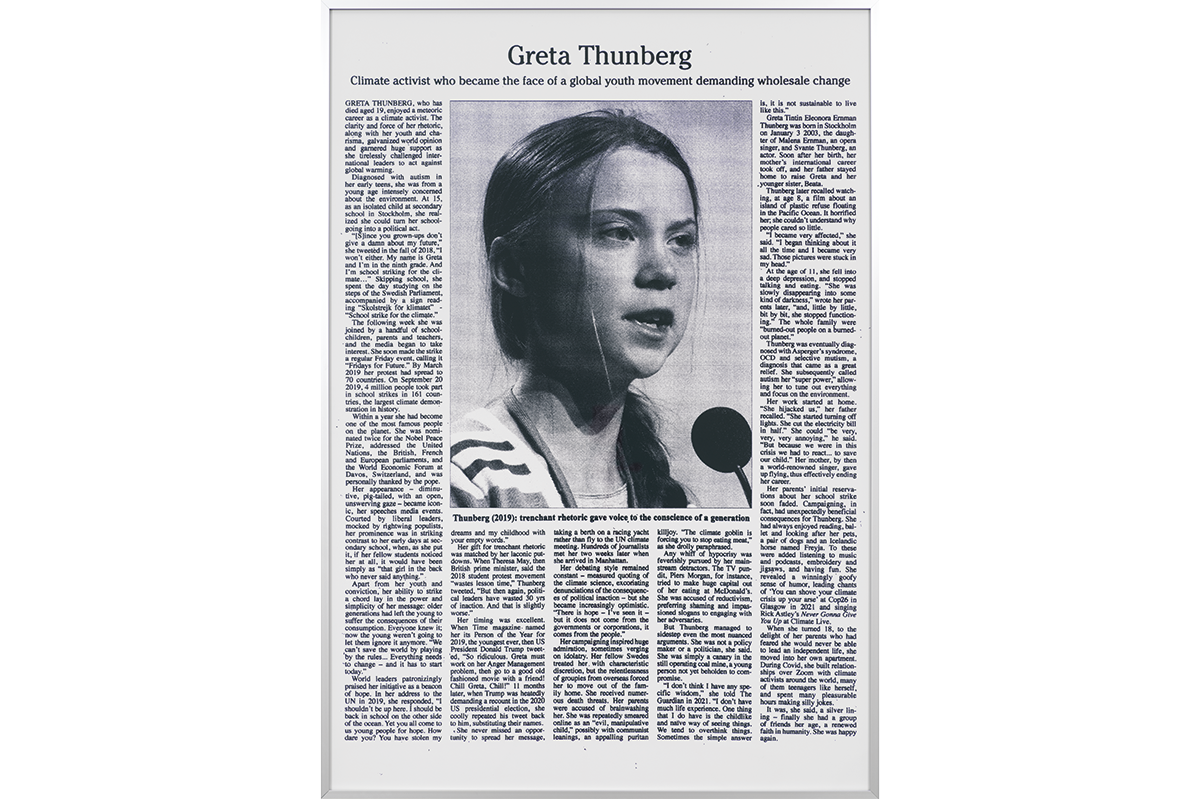

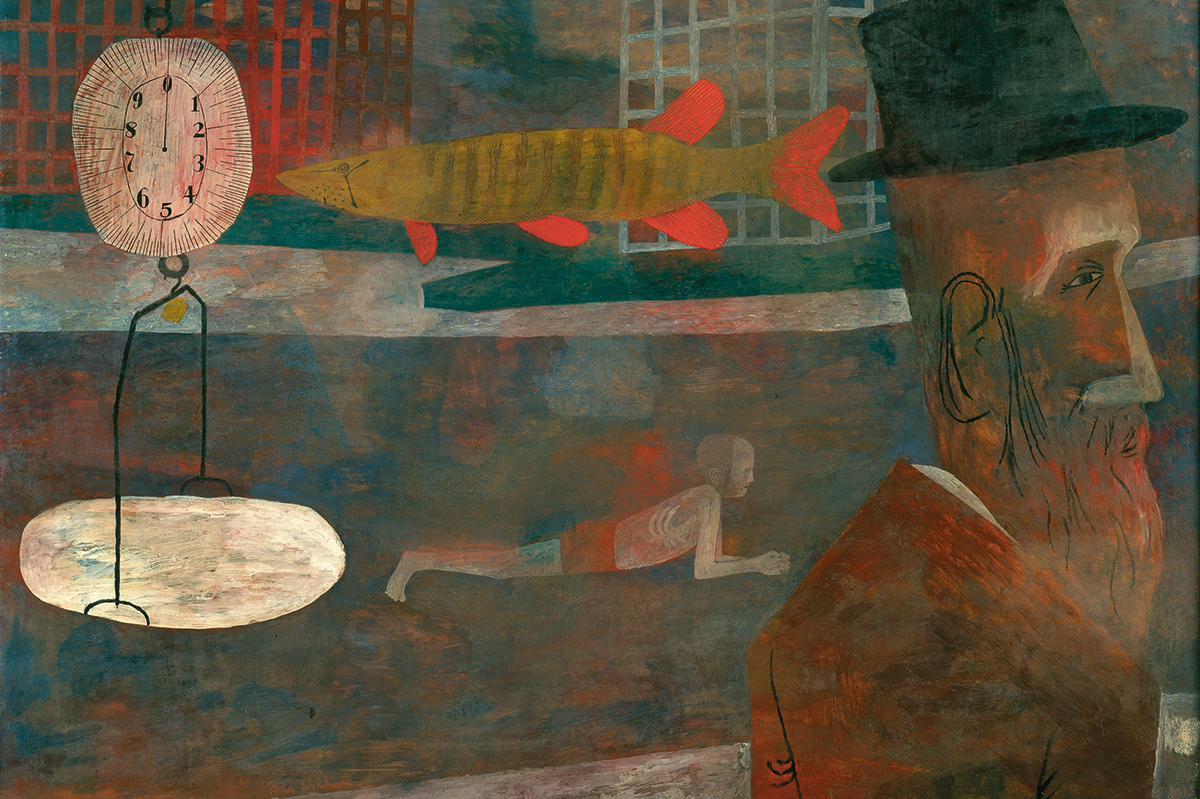
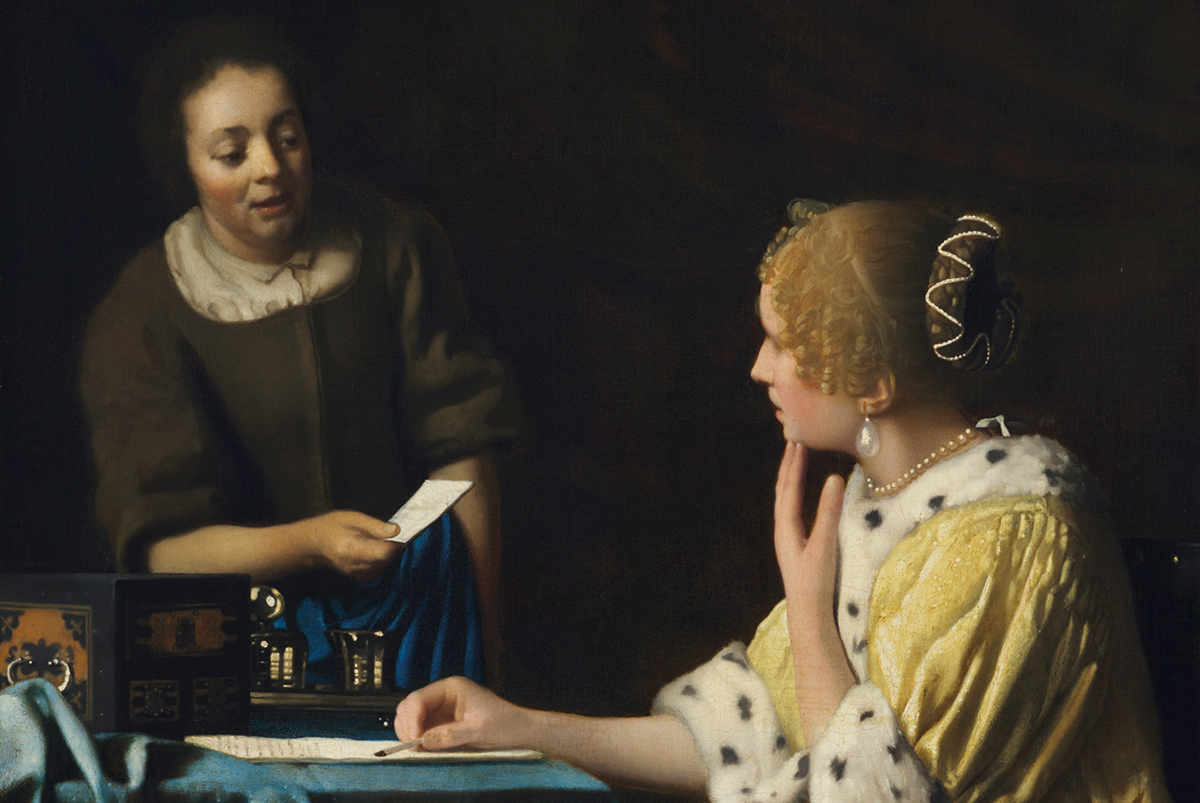
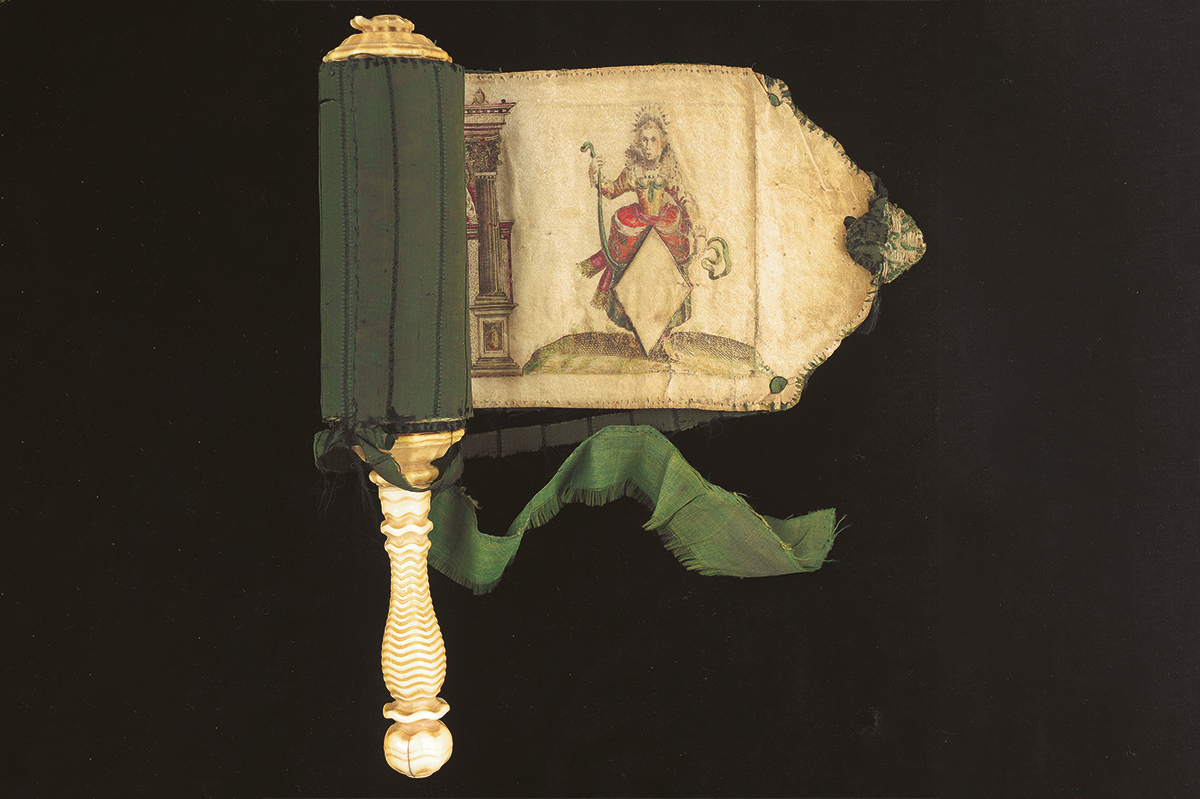







Leave a Reply